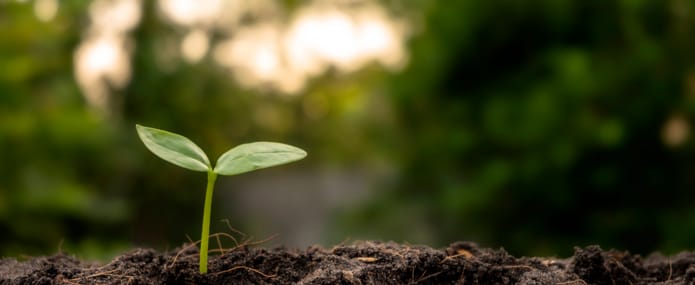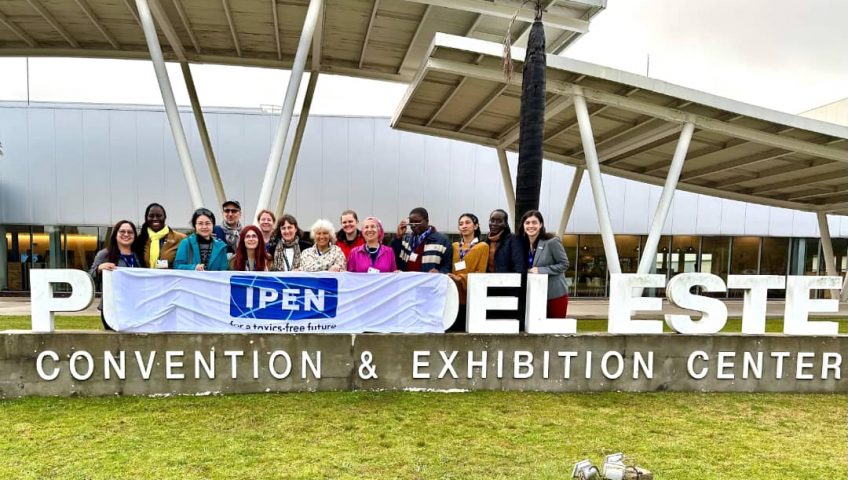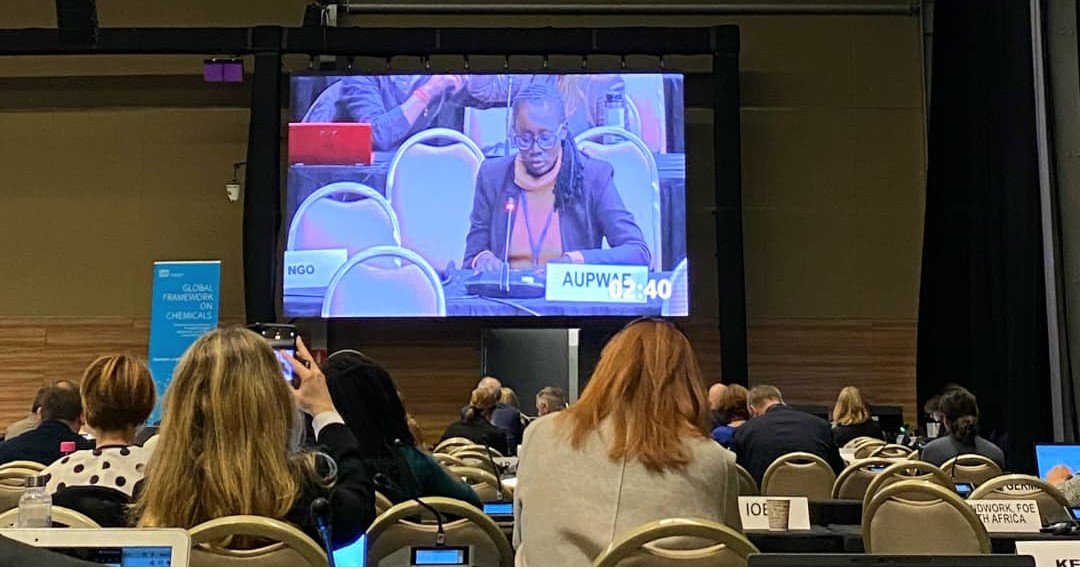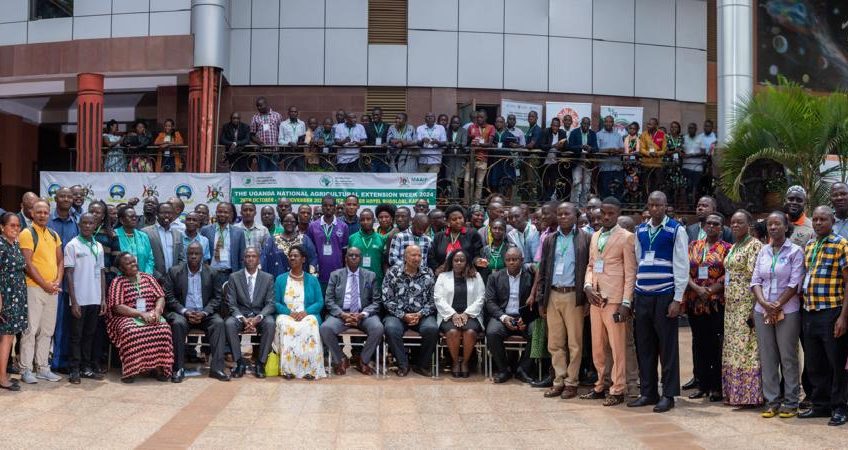

Statement of AUPWAE at the first Open-ended Working Group meeting of the Global Framework on Chemicals 2025, held in Punta del Este, Uruguay.
Thank you, Co-Chair for the floor.
My name is Anna Odur and I speak on behalf of the Association of Uganda Professional Women in Agriculture and Environment (AUPWAE).
AUPWAE, a network of over 250 professional environmentalists, agriculturalists and related professions, seeks to promote the welfare, skilling and capacity development of its target group, the vulnerable women and girls in rural areas.
We welcome all efforts towards the operationalization of the Global Alliance on Highly Hazardous Pesticides (HHPs). We thank the GFC Secretariat and other institutions who have been instrumental in delivery of related key information documents including document UNEP/GFC/OEWG1/INF/14 that outlines the draft operational framework of the Alliance. We further support the submissions made by IPEN and other colleagues on the importance of the Alliance.
Key challenges we have encountered in effectively addressing HHPs include: limited knowledge on highly hazardous pesticides particularly for vulnerable communities; And the need for access to products and financing mechanisms for a meaningful shift towards safer alternatives.
Our recommendations:
- We encourage proactive ongoing multi-sectoral awareness campaigns on HHPs, with materials that are translated and verified into local languages. The information disseminated should include health, economic and environmental impacts of highly hazardous pesticides and should be targeted to government ministries, pesticides regulators and users, civil society representatives, development agencies, media and the general public.
- We call for open and continued consultations on HHPs alternatives at all levels and with all stakeholders, leaving no one behind particularly women and girls who are largely still excluded from decision making spaces.
Thank you very much.


Towards women smallholder farmers resilience to climate change: WOSFER Project
AUPWAE has partnered with the Institute of Gender and Development Studies, Makerere University and with support from key institutions, in the implementation of the project titled: Building Women Smallholder Farmers’ Empowerment and Adaptive Capacities: A Pathway to enhancing Women’s Resilience to Climate Change in Uganda (WOSFER Project). This action research project is on-going in Lyantonde and Katakwi districts and seeks to enhance women’s empowerment and resilience to climate shocks among others.

AUPWAE actively participated in the National Agricultural Extension Week 2024
AUPWAE actively participated in the National Agricultural Extension Week 2024, which took place from 28th October to 1st November at Bugolobi in Kampala. It was a knowledge-filled and key-skills sharing week where participants engaged around the concept of making extension services count for robust, resilient and competitive fast-food systems. Participants were also urged to build resilience in the face of climate challenges among other shocks. Throughout the week, there were various thematic sessions on food safety including chemicals in agriculture, resilience along agricultural value chains and emerging technologies for example the use of AI in agriculture.
